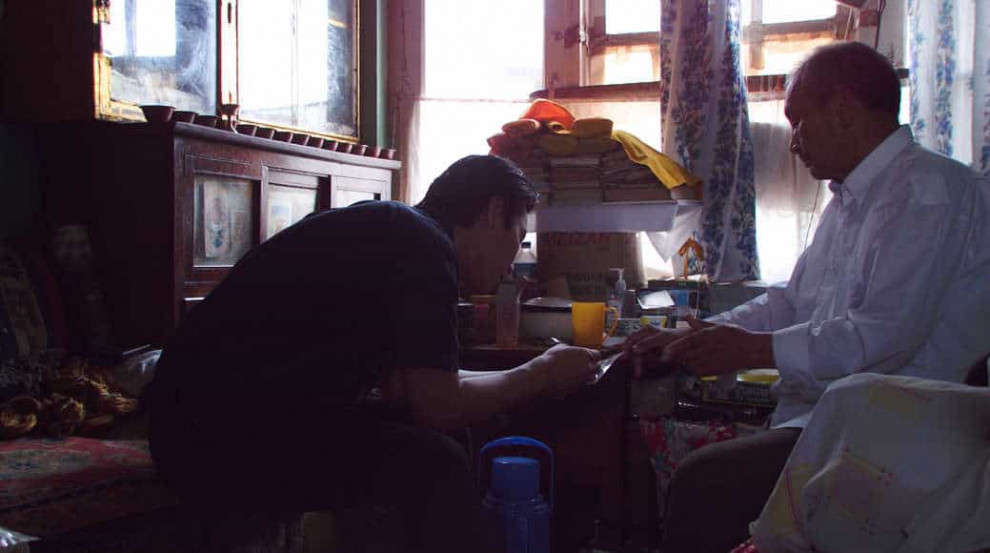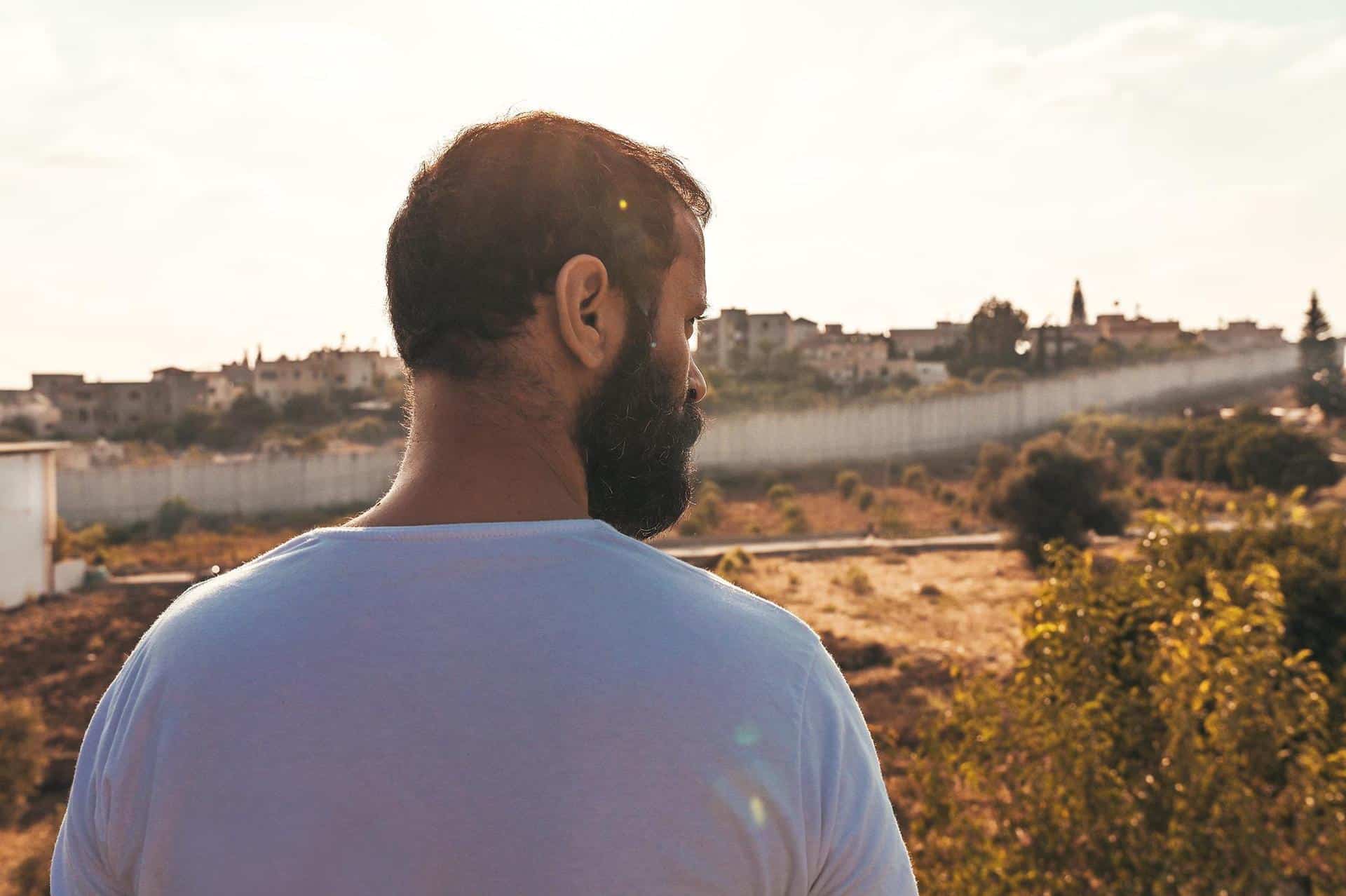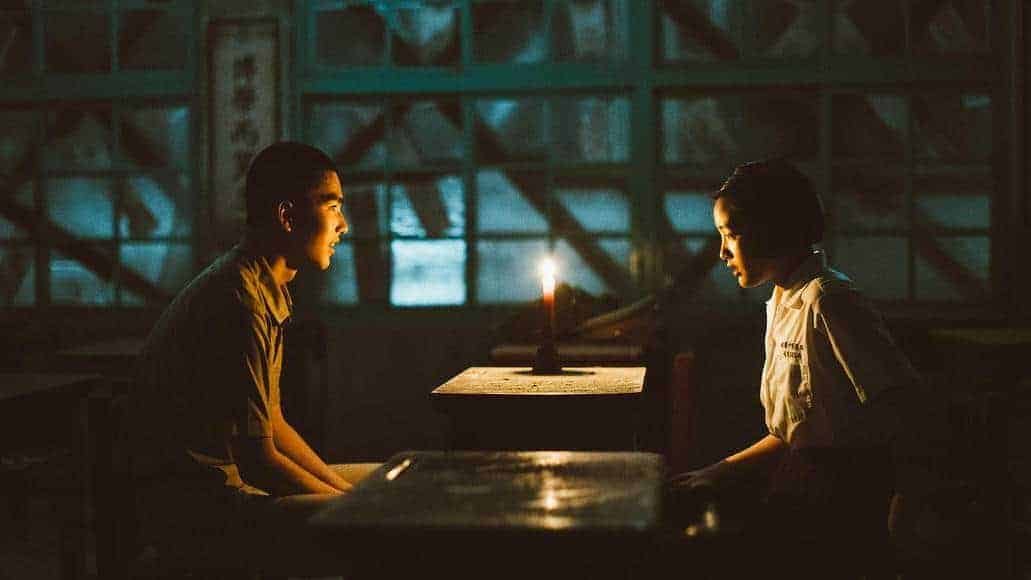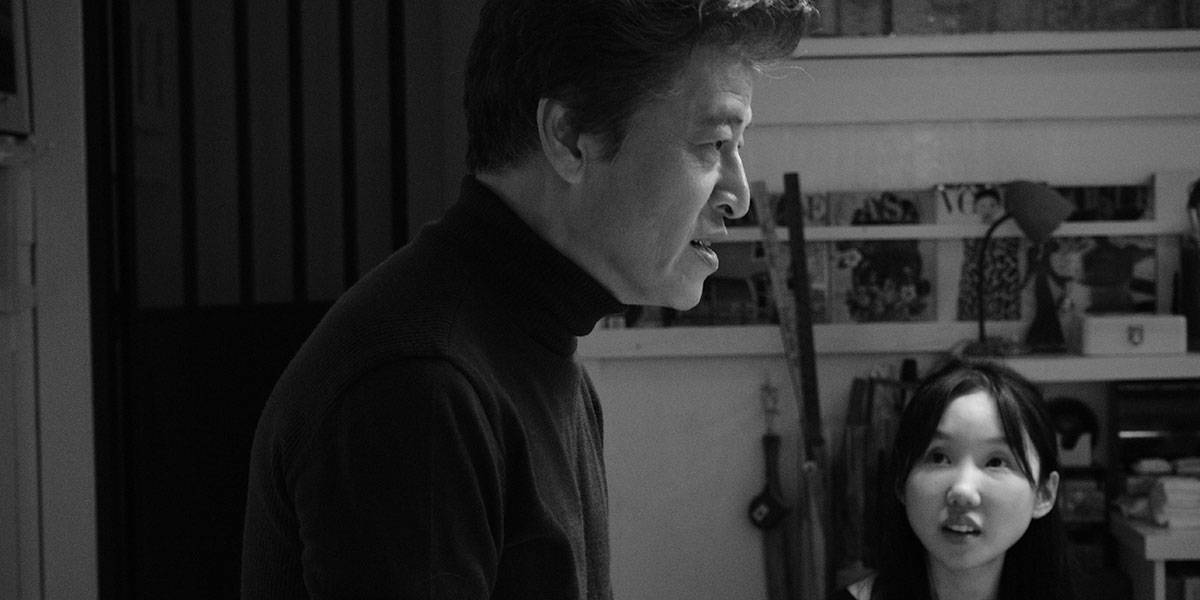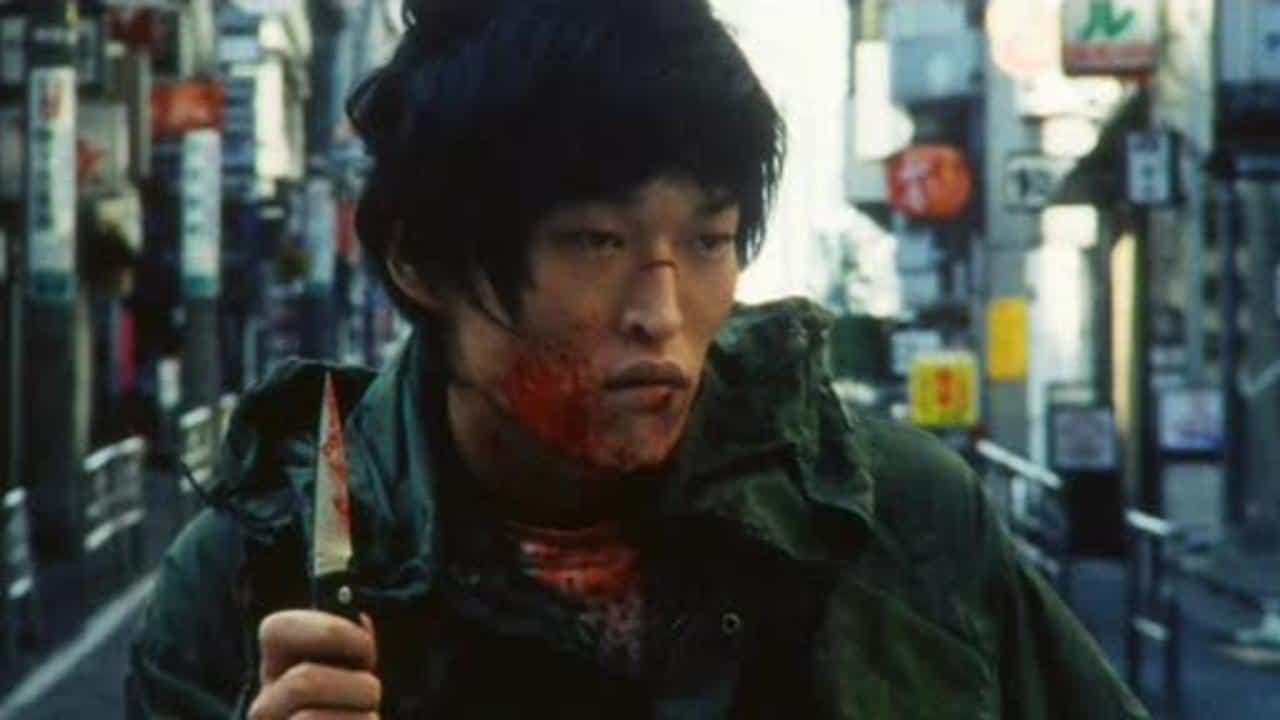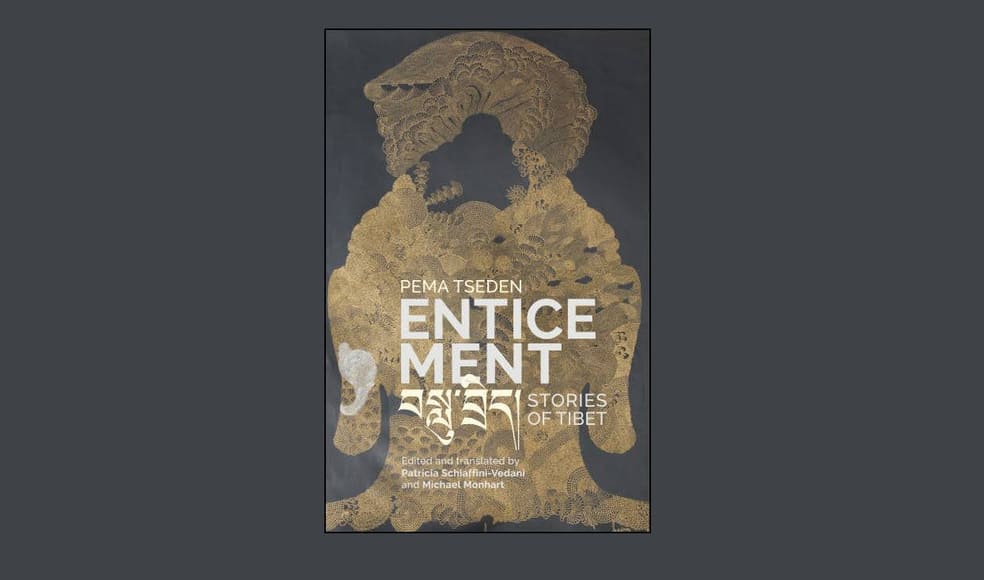Assistant Professor at Montana State University's Film and Photo Department and founder of the Tibet Film Archive Tenzin Phuntsog directs a very powerful documentary that explores the actions and the mentality of three generations of Tibetan that have spend most, or even all of their lives in exile, along with his co-director, Joy Dietrich.
Rituals of Resistance is screening at Margaret Mead Film Festival

After beginning with a short introduction regarding the Middle Path, the non-violent response the Dalai Lama called for his people to follow after China invaded Tibet, Phuntsog presents the stories of three individuals and the way they responded to the events and their exile from their country. His purpose, of figuring out which path he should choose in his life is as impactful as the testimonies we witness in the film.
The first “subject” is a former Tibetan monk now living in Nepal, who broke his vows and became a guerilla, a member of the resistance against the Chinese. His path was in complete contrast to the one suggested by the Dalai Lama, with his words being accompanied by actual footage of the war against the Chinese forces.

The second one is Phuntsog's mother, who followed the Dalai's Lama's path of non-violence, and emigrated to the US, where she had a family. Years later, and despite the danger her trip incorporated, she returned to Tibet where she reunited with her brothers and sisters.
The last interviewee is a young Tibetan man who lives in India and attempted to self-immolate in 2006, before the authorities prevented him. His failed effort has left him struggling about the path he should follow, after these events, with his physical and psychological strain being more than obvious.
Phuntsog and Dietrich direct a truly shocking documentary, which sheds an unprecedented light to the way Tibetans try to cope with their exile and the situation of their country, due to the actions of the Chinese. The way the ex-monk speaks about the events that led him to renounce his vows, the story of the trip Phuntsog's mother took to her home country and the detailed history of the events that led to and followed the young man's self immolation are as hard to hear and watch as they are indicative of the actual situation. This no-punches pulled but also realistic approach is what gives the film its very powerful core, along with the actual footage of the events described, which are presented in great fashion, through Phuntsog's excellent editing.

His realistic approach extends to the current outcome of the Tibetans's efforts to regain their independence, that after three generations of virtually no results, is deemed a failure, with the majority of the exiled having placed their hopes to karma.
Phuntsog's camera does not do anything fancy, but instead simply focuses on his subjects, allowing them to tell the story without any visual “shenanigans”, in a tactic that makes the film even more impactful.
Some art-house elements are not missing, particularly through the walks the director takes, although even those seem to have a purpose of showing facts, as in his visit in the camp where the US trained Tibetan fighters in urban welfare, in order to “use” against the Communist forces.
“Rituals of Resistance” is a truly great documentary, one of the best of the year, particularly due to its shockingly realistic approach, which results in a truly impactful spectacle.


